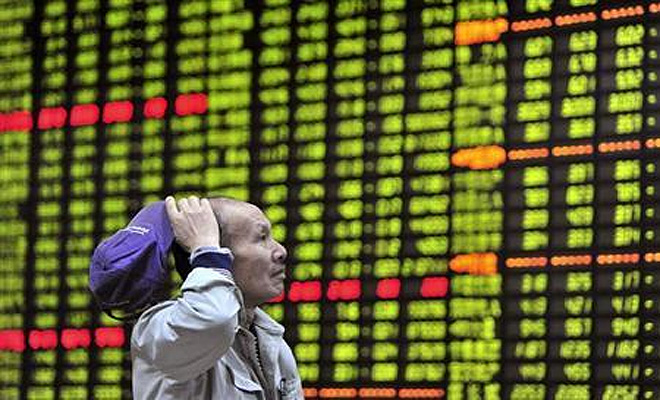Emerging Markets Radar (March 31, 2014)
Strengths
- With the Greek economy expected to grow by 1.1 percent this year, the Purchasing Managers Index (PMI) in expansionary territory and consumer confidence having turned positive, it looks like Greece is turning the corner. As a result, money is starting to flow back into Greece, lured by the global reach for yield, sending the Greek 10-year bond yields down to 2010 levels. The conditions have allowed Greek banks to recapitalize, changing the lending landscape in a nation that has been starved of credit over the past 4 years.
- Eurozone business activity slipped slightly this month, with the flash composite PMI reading 53.2 in March from 53.3 in February. Yet, the reading handsomely topped analysts’ consensus expectations of 52.6. The eurozone enjoyed its best quarter for business activity since the second quarter of 2011, according to Markit, with the PMI survey signaling a 0.5 percent increase in first quarter GDP after growth of 0.3 percent in the fourth quarter.
- Chinese Premier Li Keqiang’s comments on the importance of stabilizing growth within a reasonable range, amid deteriorating employment prospects, fueled market expectation of easing government policy in the second quarter. Coupled with anticipation of accelerating reform of state owned enterprises, Chinese financials stocks rallied throughout the week.
Weaknesses
- Dedicated emerging market equity funds reported marginal outflows of $12 million for the week ended March 26, marking 22 straight weeks of outflows in dedicated emerging market funds. The cumulative outflow over the 22 weeks amounts to $51.2 billion. In regional terms, dedicated Asia funds reported marginal outflows while Latin America and Europe, Middle East and Africa (EMEA) funds both reported inflows.
- The HSBC China Flash Manufacturing Purchasing Manager’s Index fell to an eight month low of 48.1 in March. This was lower than expected and a third month in contractionary territory, as domestic demand slowdown continued after the Chinese New Year driven by moderating investment, cooling property sector, and continuous elimination of excess industrial capacity.
- S&P downgraded Brazil's sovereign rating by one notch to BBB- after five upgrades in the last ten years. S&P highlighted the deteriorating fiscal accounts and growth outlook as two important triggers for the decision. The downgrade opens the door for further downgrades to state owned companies, as well as downward pressure to highly levered sectors and companies in the local market.
Opportunities
- Another reflection of Indonesia’s infrastructure inadequacy is that the country’s logistics cost accounts for 27 percent of GDP as of 2013, demonstrably higher than regional peers and developed counterparts. If Joko Widodo wins the upcoming election, a rejuvenated infrastructure building cycle should see benefits ripple through various economic sectors from construction to consumer.
- The Indian stock market, together with the rupee, rose sharply this week as foreigners stepped up purchases of Indian assets on speculation the election of a new government will hasten the nation’s economic recovery. Inflation has eased, according to official figures, and the government projects faster growth and narrower deficits resulting from better than expected collection from asset sales.
- Ukraine reached a preliminary deal with the International Monetary Fund to unlock $27 billion in international aid. As part of the agreement, Ukraine agreed to narrow the budget deficit to 2.5 percent of gross domestic product by 2016 and to raise retail energy tariffs toward their full cost. Similarly, the European Bank for Reconstruction and Development said that it would increase investments in Ukraine to 1 billion euros a year and would resume lending for state-run projects.
Threats
- A potentially persistent market style shift away from momentum and growth to reversion and value could hurt fund performance in the near term.
- The Philippines central bank raised the Reserve Ratio Requirement to 19 percent from 18 percent in an effort to curb excessive liquidity growth. While the central bank’s move will likely affect loan growth negatively, Credit Suisse analysts estimate stronger action from the central bank is necessary given the massive amount of liquidity that went into the banking system last year.
- In Thailand, the Constitutional Court has invalidated the results of the February 2 election and declared the election null. With this development there appears to be no prospect in sight for an end to the political standoff. The failure to form a new government may delay the approval of the fiscal budget, leading the finance ministry to cut its 2014 economic growth prediction to 2.6 percent from 3.1 percent.














